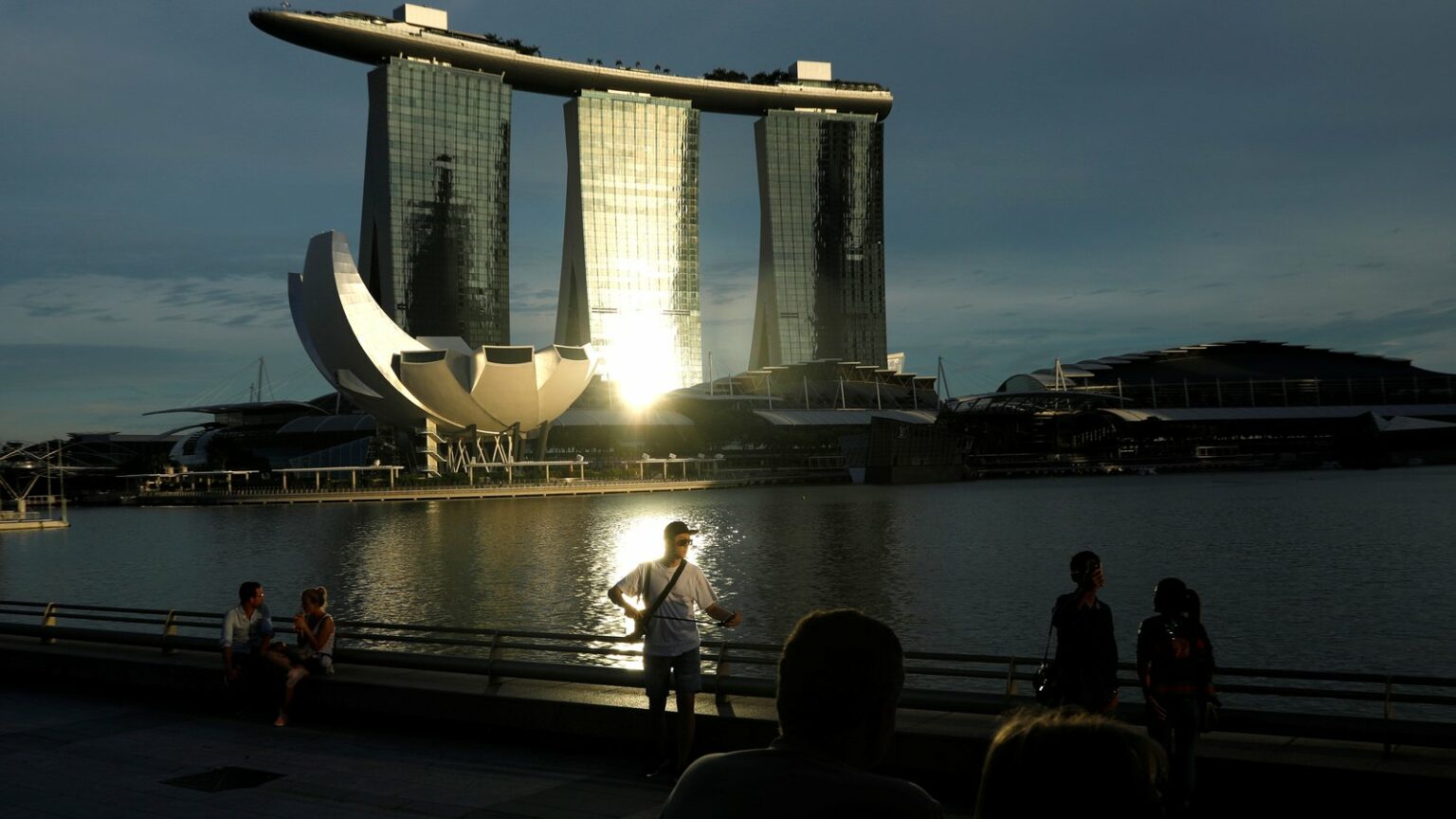The political landscape of Singapore has recently been marred by a sequence of unprecedented scandals that have significantly challenged the legacy of the incumbent party. Deputy Prime Minister Lawrence Wong made these sentiments public in an interview with the BBC. The disturbing occurrences, involving corruption allegations and sudden resignations of high-ranking officials, have posed a significant hurdle to the ruling party’s dominance.
Wong, widely tipped to take up the prime ministerial baton, expressed his intent to rebuild the faith of Singaporeans in their government. He underlined the magnitude of the task ahead, acknowledging that winning the hearts and minds of citizens required more than just assuming office.
Also read: A&W Celebrates 60 Years and 100 Outlets in Malaysia: Continues Tradition of Innovation at New Sierra Fresco Location
Singapore is obliged to hold a general election before 2025. However, recent political disruptions have cast a shadow over the otherwise politically serene city-state. These disruptions involve an active graft investigation against Transport Minister S. Iswaran and the abrupt exit of two lawmakers from the ruling party, including the speaker of the house, over personal indiscretions.
Public outrage has ensued, largely due to the delayed revelation of Iswaran’s arrest and the continued service of the lawmakers even after Prime Minister Lee Hsien Loong became aware of their misconduct. Wong explained that the disclosure of Iswaran’s arrest came three days post the event due to strategic considerations.
In defending the lawmakers, Wong emphasized the ruling party’s awareness of the ripple effects of its decisions, particularly on the families of those involved. The People’s Action Party, ruling Singapore since 1959, is now tasked with navigating these troubled waters while preserving its decades-old legacy.
(Source: Malay Mail)
















